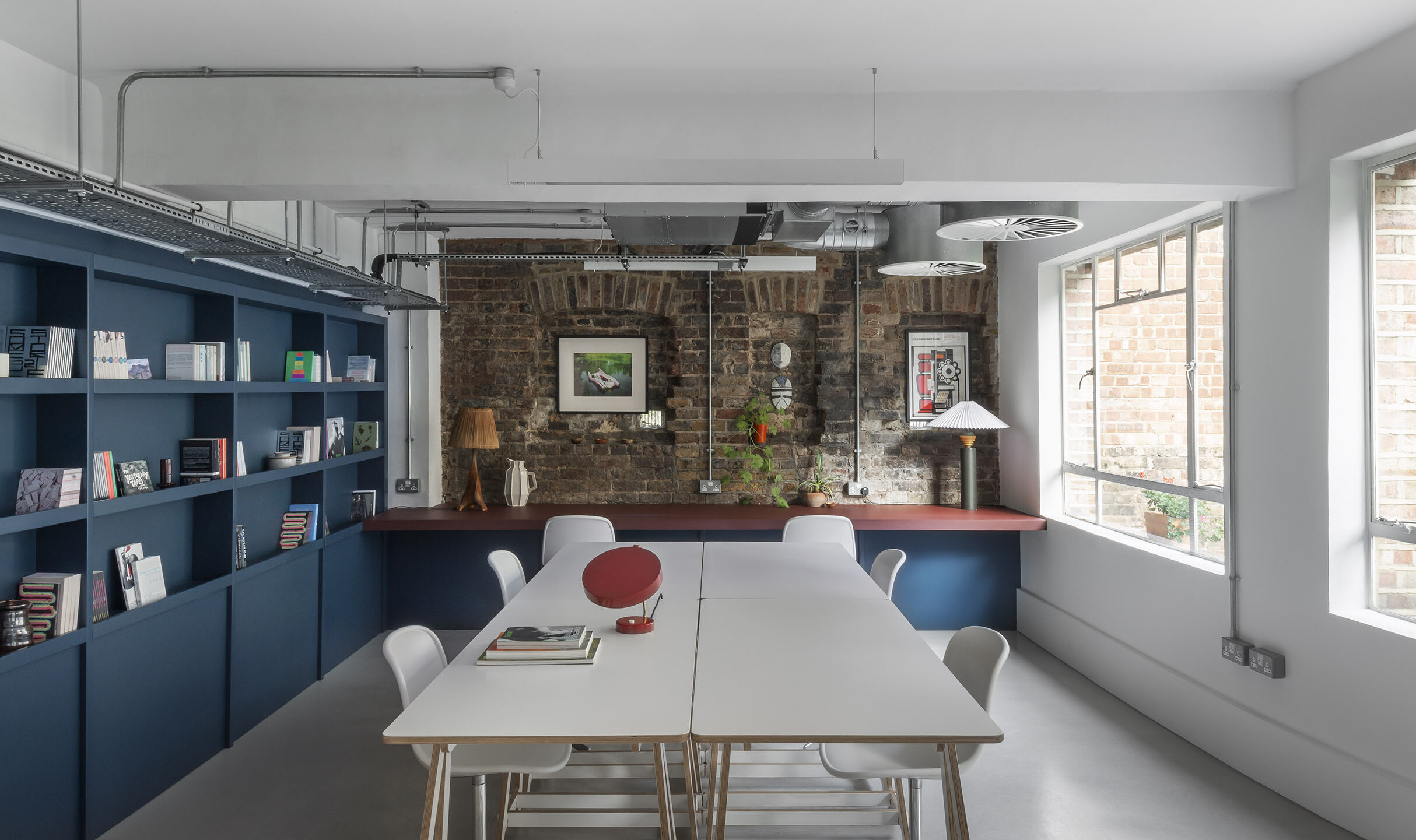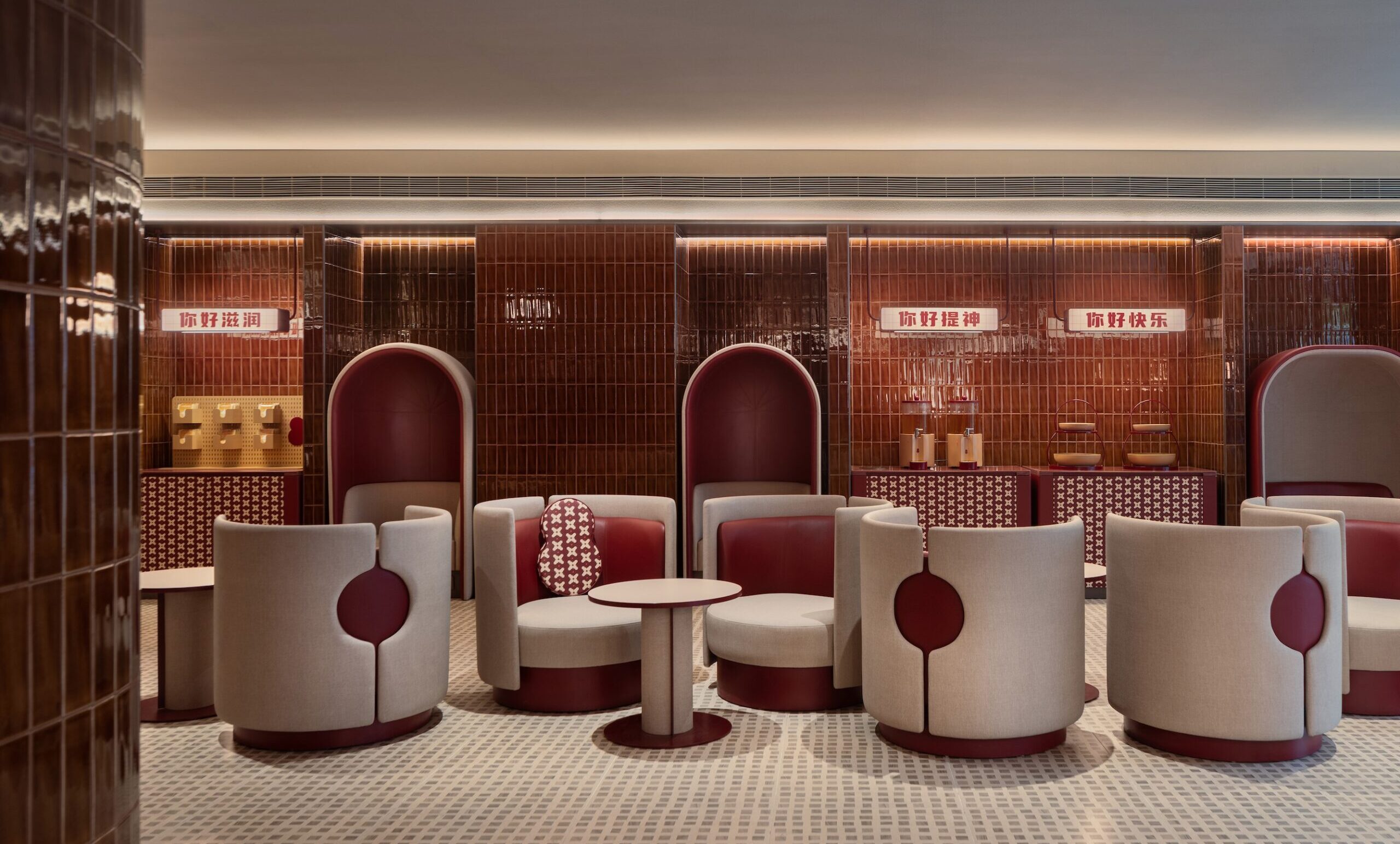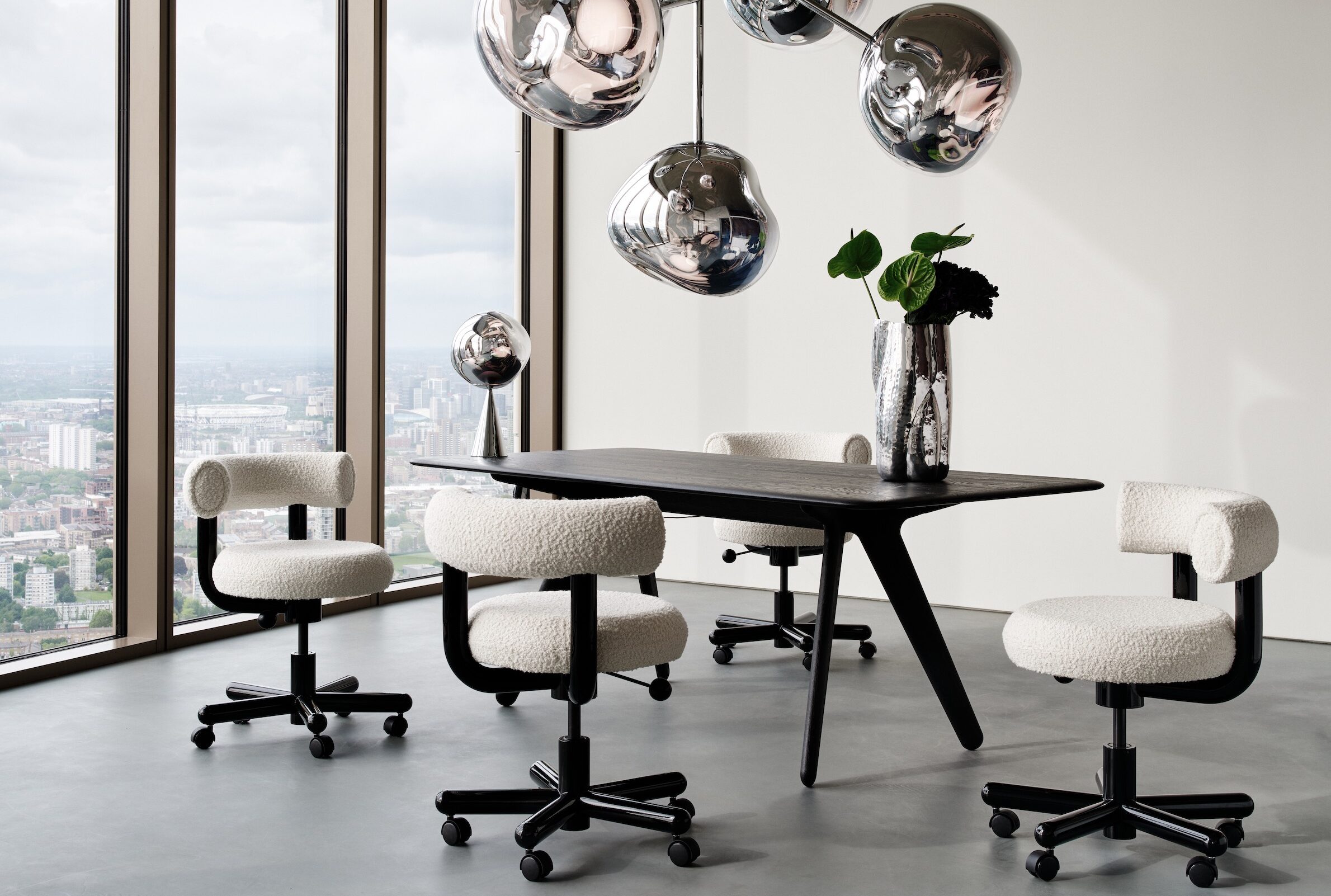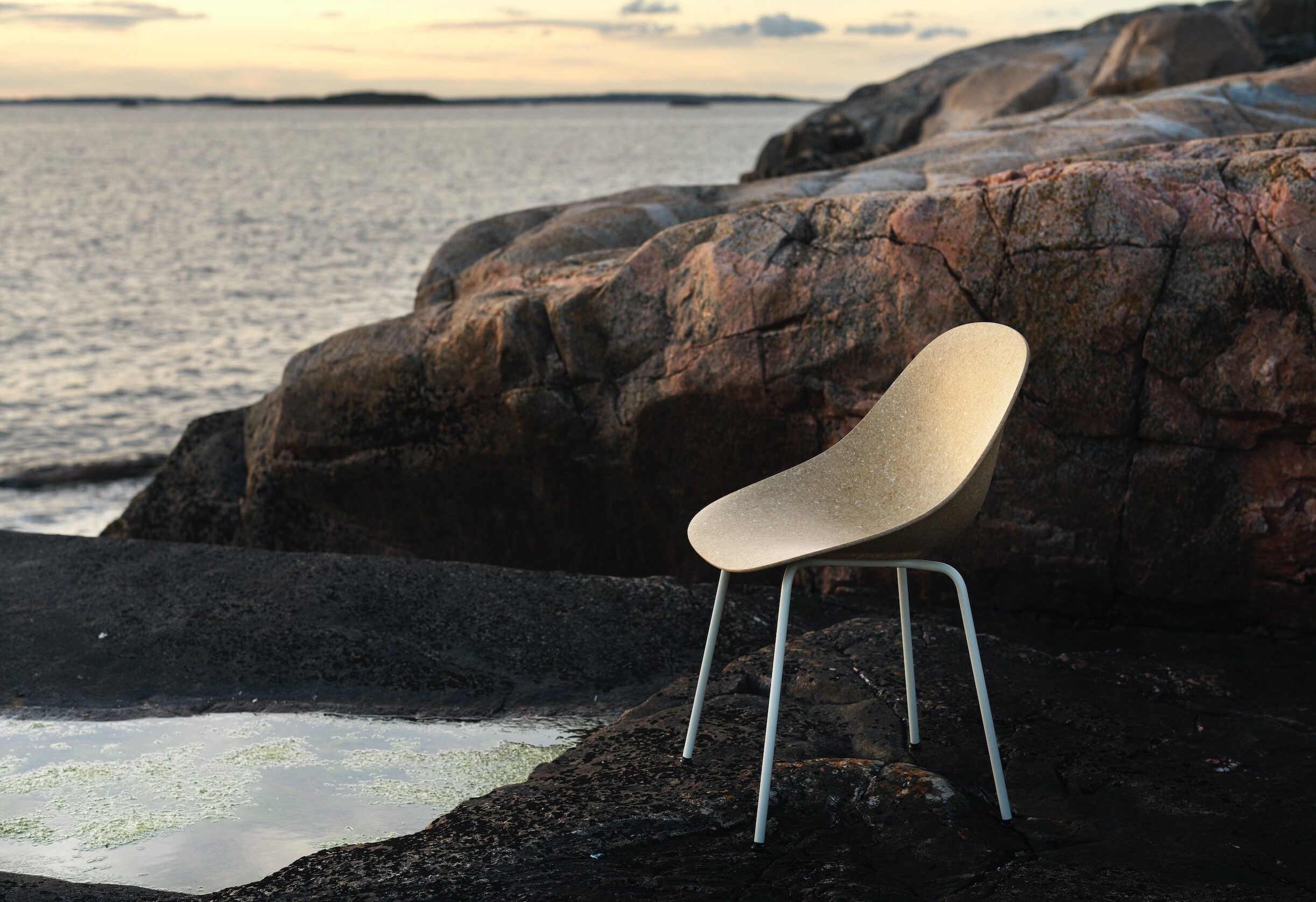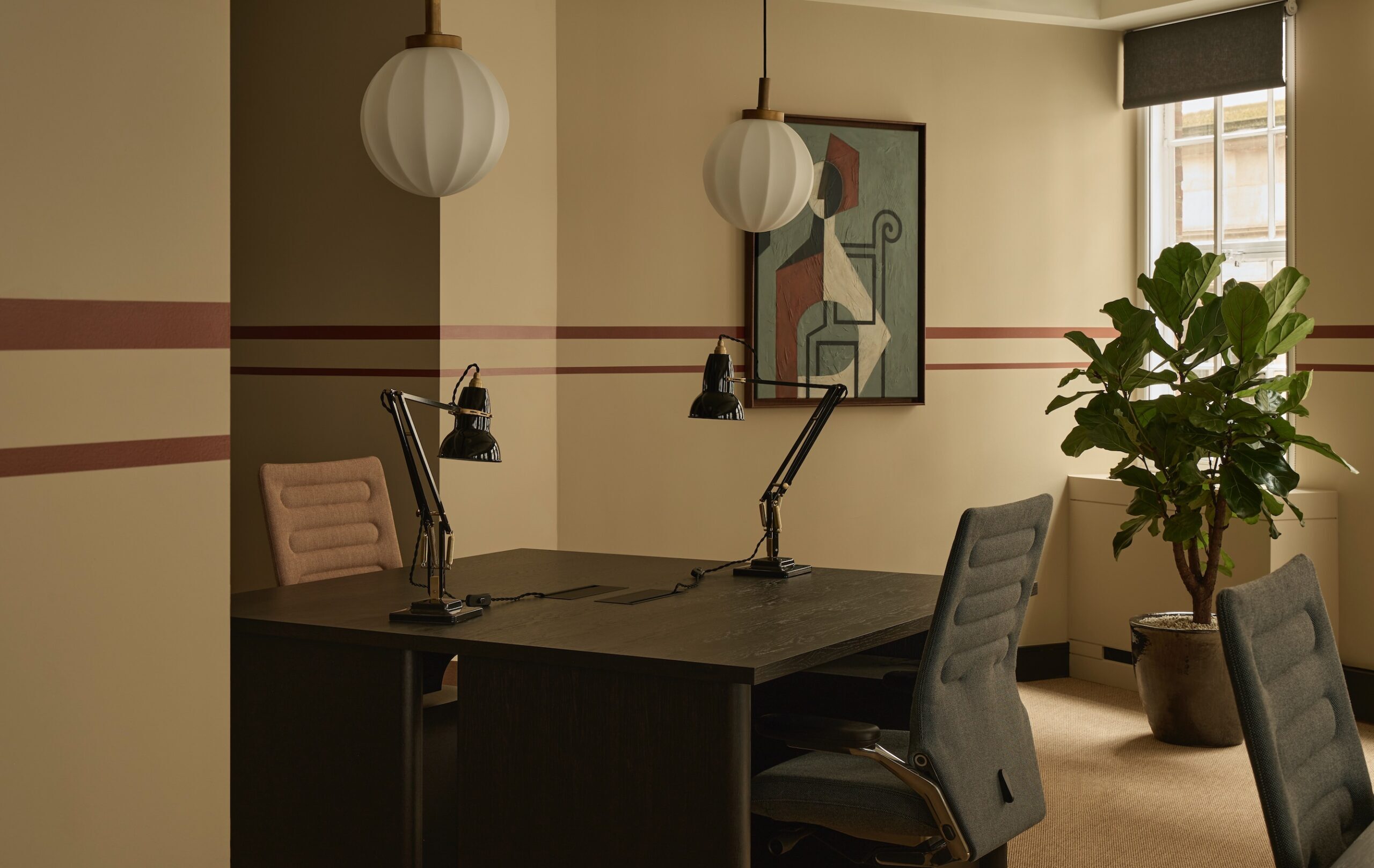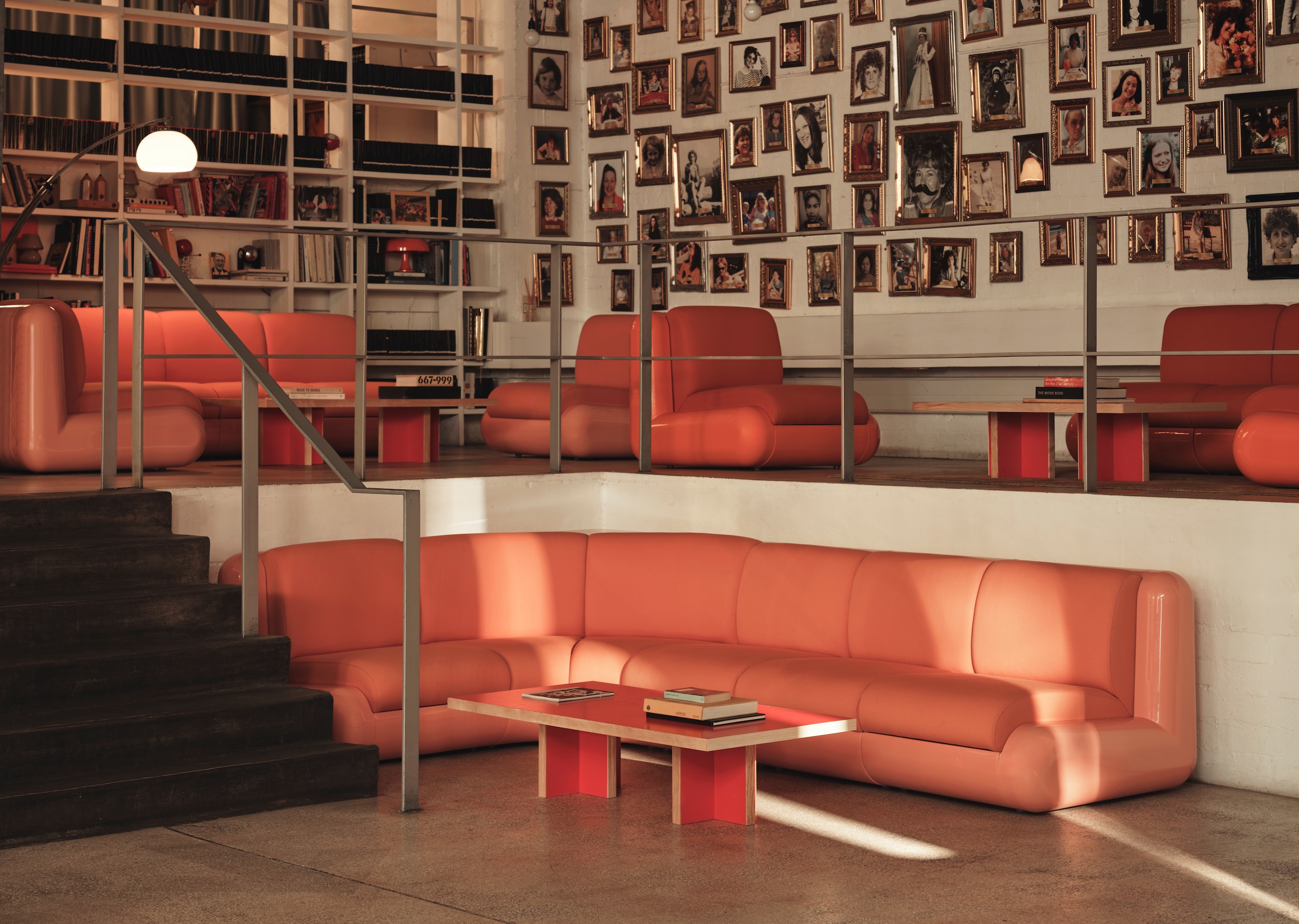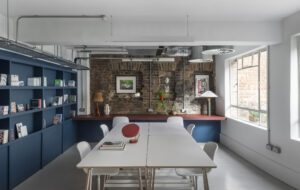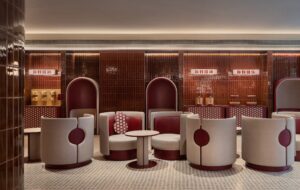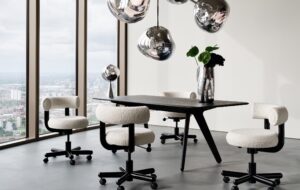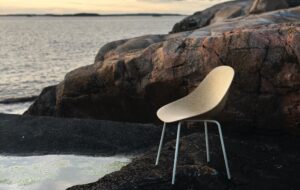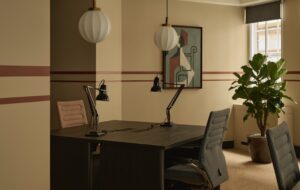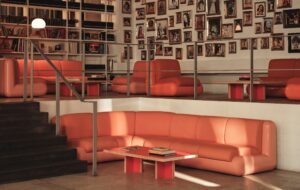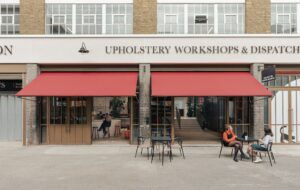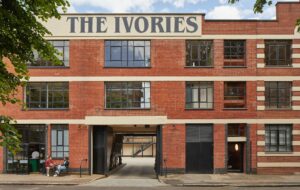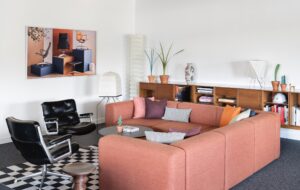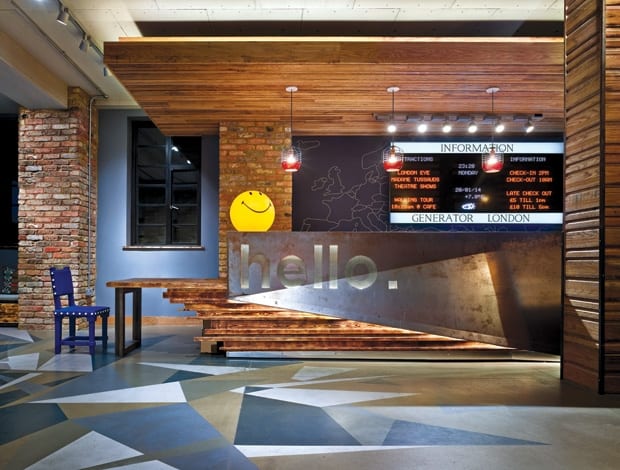 Reception area of the newly revamped Generator hostel|Space to chill out|Pub-style bar in the cafe|’Breakfast pods’|Rooms were kept to a minimum||
Reception area of the newly revamped Generator hostel|Space to chill out|Pub-style bar in the cafe|’Breakfast pods’|Rooms were kept to a minimum||
Toronto-based The Design Agency has revamped the 15-year-old Generator Hotel in London, giving it a design edge on a slim budget
Everyone has a gruesome tale of a crummy hostel where they’ve rested their head, begrudging their environs at the behest of their wallet. That might be why, on a visit to London’s newly renovated Generator hostel, onoffice is in the illustrious company of journalists from Vogue and Vanity Fair: everyone, it seems, has an interest in seeing how hospitality design is filtering down to the lower end of the market.
This branch of the hostel chain, which resides in a former police cadet barracks halfway between King’s Cross and Russell Square, has been here for 15 years, but it’s former aesthetic took a more traditional hostel format (to put it lightly). When real estate developers Patron Capital bought the chain, it enlisted Toronto-based firm The Design Agency to revamp the Generator look. Having designed for upmarket brands such as Soho House and Shangri-La, this was a whole new challenge.
“In a way it’s more fun, because you have a really tight budget so you have to be really thrifty,” says partner Anwar Mekhayech. “It makes you pick your battles, prioritise things. For example, I knew that if I saved a bit of money in the bar, it meant
I could buy that Moooi lamp.”
The mismatched look may be partially borne from the stringent budget, but it works to its advantage. Using a mixture of contemporary furniture, from brands like Tom Dixon, Vitra, Castor and Tacchini, alongside reclaimed and existing finishes, such as concrete floors and brickwork, it doesn’t feel overdone or polished – and if it was, its clientele wouldn’t feel at home. “We tried to keep it raw, organic, not precious or fussy,” says Mekhayech. “It has to feel accessible.”
Rooms are stripped back to the bare minimum – beds and showers, and not much else – to focus on the ground-floor communal spaces, which were arranged to fit the existing layout. The cafe features a pub-style bar with oak panels and a zinc countertop, and two raised seating areas, one with cosy banquette seats and armchairs, the other tartan-clad with cafe seating.
Opposite is a canary-yellow chill-out space, strewn with large cushions for tourists to rest their weary feet. There are also five ‘breakfast pods’ – asymmetric prisms made from black-outlined OSB panels, populated with Emeco’s Navy chairs made from recycled Coke bottles. The pods are intended to subtly reference Tube carriages; a more cheesy reference to London transport exists in the bar, where a Routemaster bus houses the DJ booth.
As with every Generator, the concept is driven by its context. The Design Agency worked with a local architect, Orbit, and Shoreditch collective Acrylicize, which consulted on all the interior artwork. Illustrators Good Wives and Warriors decorated surfaces throughout – including the piano in the cafe – and Jenni Sparks drew the map in the hostel’s travel shop.
The reception most successfully collates the various styles, with reclaimed wood slats, postmodern Atelier Takagi lights, graphics inspired by naval battleships, and the ubiquitous welcome symbol – a smiley face. “It’s playful and funny,” says Mekhayech, “it’s not supposed to be serious.”

